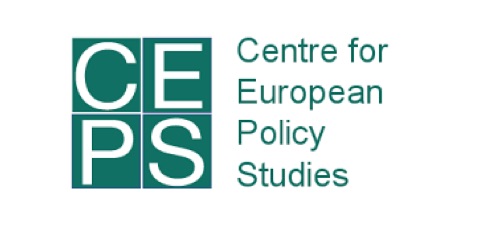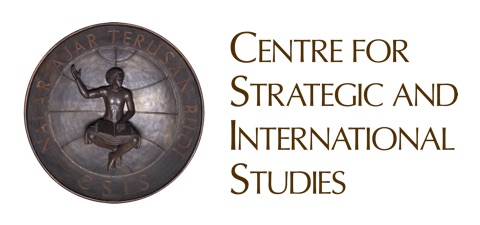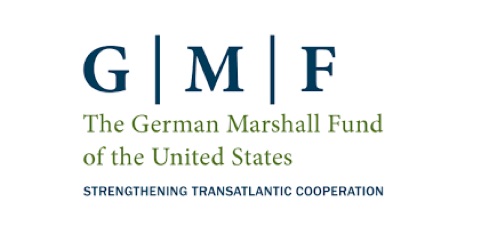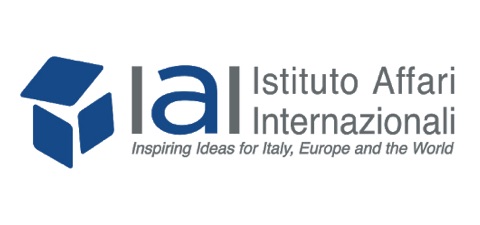Understanding and Strengthening EU Foreign and security Policy in a Complex and Contested World
JOINT is a project aimed at assessing challenges to a more joined-up foreign and security policy of the EU. These challenges have been mounting in recent years.
Systemic shifts such as the dwindling global engagement of the United States and the growing assertiveness of Russia and China hamper the ability of the EU and its member states to shape multilateral rules and compel them to rethink their role along new patterns of multipolar interactions.
The collapse or severe weakening of state authority and governance in the EU’s neighbourhood (and beyond) create interconnected challenges extending into policy areas outside the traditional remit of foreign and security policy, thus augmenting the need for an integrated response.
The emergence of nationalist forces within the EU, which often espouse Eurosceptic views, complicates efforts to reach intra-EU consensus on international security matters.
In short, multipolar competition, fragmentation of regional politics, and fractious domestic debates directly affect the capacity of the EU and its member states to reconcile security priorities, allocate the resources to pursue these, and engage with external actors accordingly.
The interplay between these factors is most evident in the EU’s difficulty in addressing crises and conflicts, especially in its surrounding regions.
JOINT, an interdisciplinary project involving 14 partners from 12 countries, investigates how to make EU foreign and security policy governance structures more joined-up and sustainable in a rapidly changing and contested international environment
EU in conflicts & crises
Click on the area to find out more
A more joined-up EU action to prevent, manage and solve conflicts and crises
JOINT aims to bring analytical clarity to how domestic and systemic factors constrain the ability of the EU and its member states to agree on policy objectives, integrate policy instruments and coordinate with external players in a number of crises and conflicts.
Internal contestation kicks in when EU governments subordinate the pursuit of EU-wide interests to calculations of domestic convenience largely unrelated to the crisis or conflict.
Regional fragmentation weighs heavily on EU conflict management efforts due to the extreme complexity of the challenges it poses, spanning forging a joint understanding of regional fault lines, identifying the local and regional stakeholders to engage, generating the necessary capabilities and reconciling conflicting priorities among EU member states.
Multipolar competition makes EU crisis/conflict management always a function of the ability of the EU and its member states to manage convergence or divergence patterns with other powers, especially the United States, Russia and China














